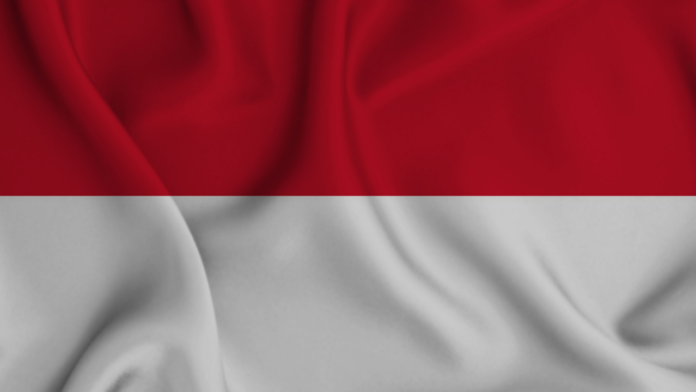As Indonesia gears up for its general elections on February 14, the crypto industry is bracing for potential shifts in policy that could either foster growth or impose new challenges. President Joko Widodo’s administration has been globally recognized for its progressive stance on crypto, marked by the establishment of the world’s first digital assets bourse. However, with the looming elections, the industry faces uncertainty, especially if a change in leadership occurs.
While not all presidential candidates have been vocal about their stance on crypto, their statements and positions during the campaign provide valuable insights into the potential trajectories for the industry under their leadership. One notable pair, Anies Baswedan and Muhaimin Iskandar, representing the opposition, has been relatively quiet on crypto matters. Nevertheless, their plans for a policy overhaul could have repercussions for the crypto sector.
In 2022, Muhaimin advocated for taxing crypto transactions as a means to boost state revenues. He also called for stricter regulation, proposing the supervision of the sector by the Financial Services Authority (OJK) – a move set to materialize in 2025. While this transition may usher in changes, the crypto industry remains hopeful that it could alleviate tax burdens on users and exchanges, a factor believed to be pushing away potential traders.
Another candidate pair, Ganjar Pranowo and Mahfud MD, has not explicitly addressed crypto during the campaign. However, in 2022, when non-fungible tokens (NFTs) were gaining prominence, Ganjar, then the governor of Central Java, commended the creativity of NFTs. He specifically highlighted Ghozali, an Indonesian NFT success story, as an inspiration for the nation’s youth. Despite his positive outlook on crypto creativity, Ganjar emphasized the importance of tax compliance for the nation’s well-being.
The most outspoken candidate on crypto thus far is Gibran Rakabuming Raka, the controversial running mate of current Defense Minister Prabowo Subianto. As the son of President Widodo, Raka is a fervent advocate for digitization, particularly emphasizing the potential of blockchain and crypto. In December, he gained attention by expressing his desire to cultivate blockchain and crypto experts to bolster Indonesia’s tech sector. This sentiment was reiterated during the second official presidential debate on economic and infrastructure topics on December 22.
Prabowo, on the other hand, has signaled a commitment to enhancing the supervision of tax compliance among stock and crypto traders to combat tax evasion. The combined stance of Prabowo and Raka suggests a continuation of existing policies and a potential embrace of more crypto-friendly regulatory changes.
With Indonesia’s general elections just around the corner, the crypto industry is watching closely to understand the potential implications for its future. The global recognition gained under President Widodo’s administration has laid a foundation for the industry, but the upcoming change in leadership could determine whether Indonesia continues on a path of crypto innovation or faces a shift in regulatory dynamics.
As the nation heads to the polls on February 14, the crypto industry holds its breath, eager to see whether the next government will nurture the burgeoning sector or introduce new challenges. The outcome of the elections may well shape Indonesia’s crypto landscape for years to come.


